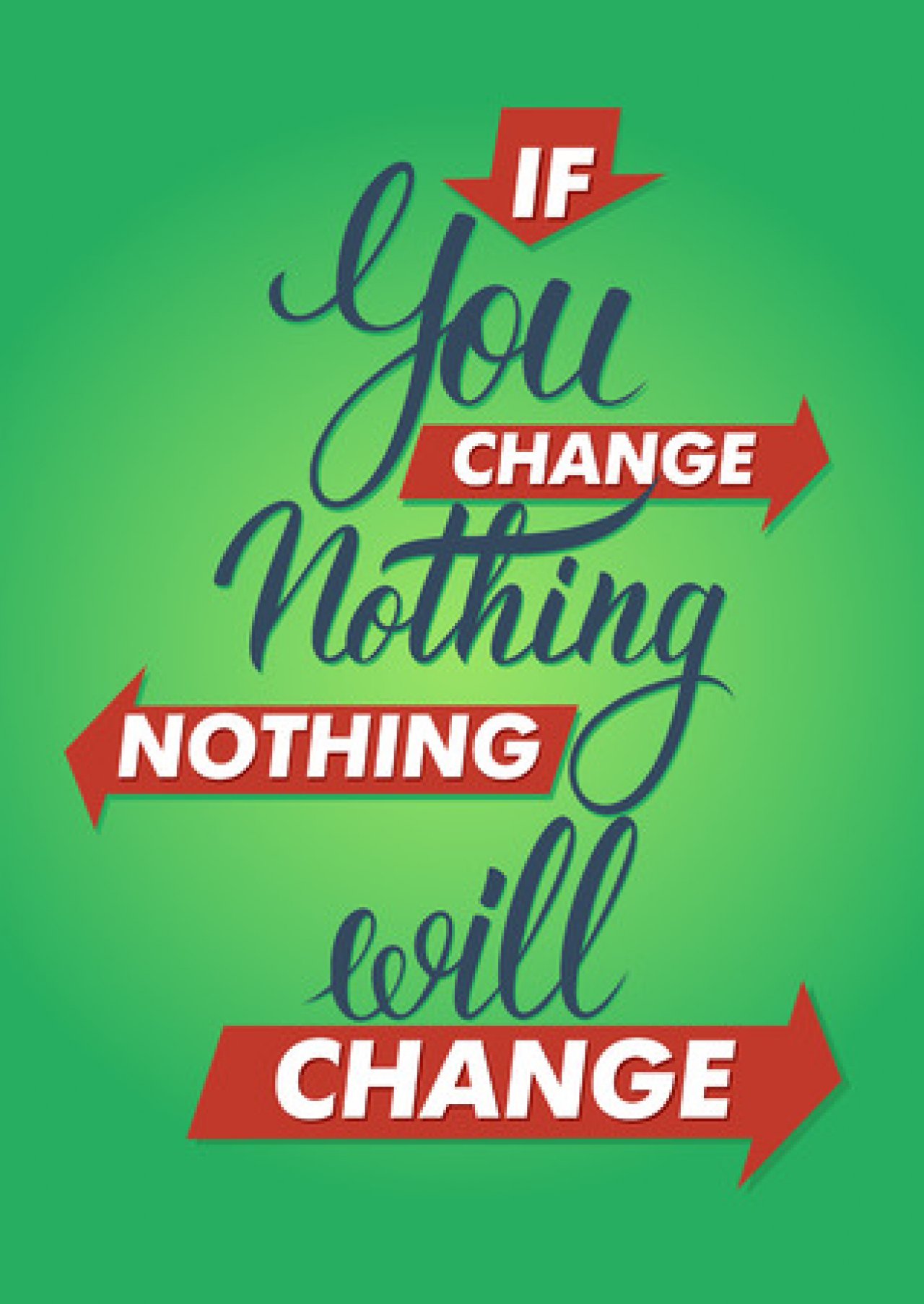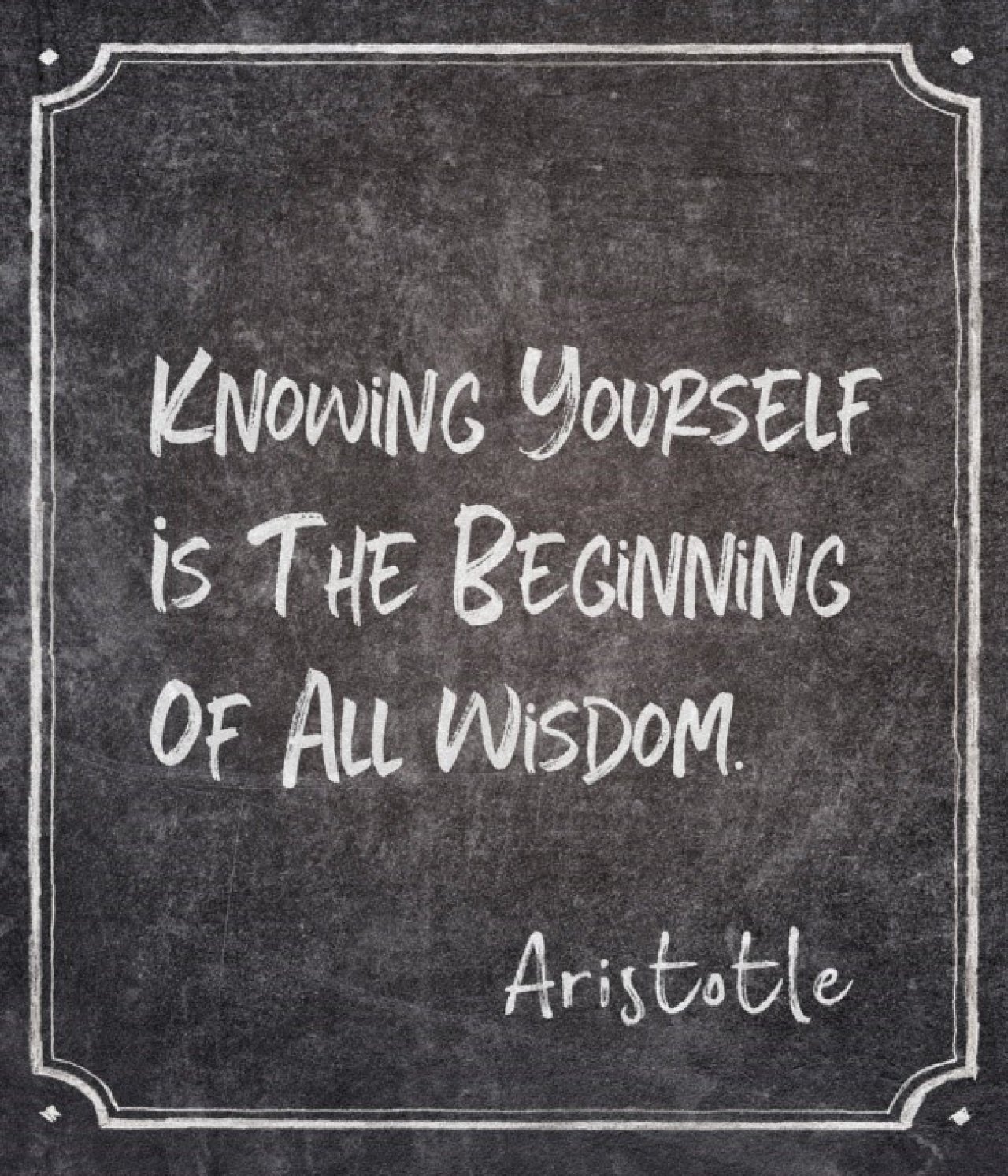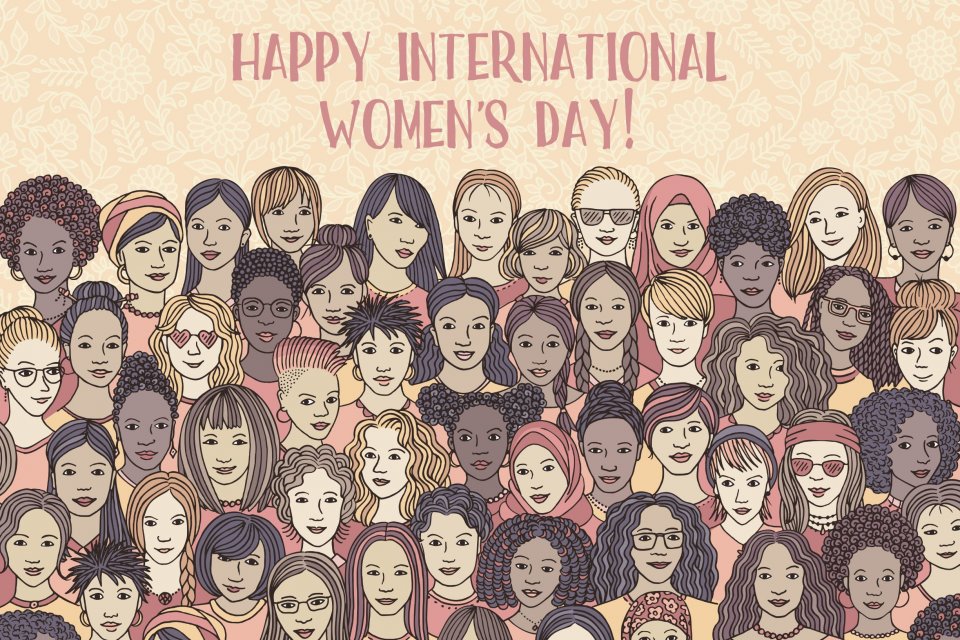
Be Bold For Change
Six key tips to be bold for gender equality change without fear of losing your job
If women are not willing to be bold, nothing will change. Given the glacial pace of change for women in the workplace, including politics, at the current rate of change it will be over 100 years before we have gender equality in leadership roles, and it is projected that it will be over 300 years before we have pay equity! A working woman will earn $1 Million less than her male peers, and will retire with over 50% less in superannuation than men. Women need to be bold, fearless, and above all relinquish the desire to be all things to all people, in order to change things for themselves and other women!
How can women speak up and be bold for change without fear of losing their jobs?

- Believe in yourself and be comfortable with who you are Being comfortable with who you are, is the essence of self-leadership and authenticity. Not everyone will like women speaking up about gender inequality or lack of pay equity, whether for the broader group, or simply themselves. Women need to actively promote their achievements, experience, and ask for fair remuneration for the work they do. Men are often unhappy with their pay increases and bonuses and will not only question it, they will ask for more. Women on the other hand rarely question the numbers and often appear grateful to be given what they have, even if less than what they probably rightfully deserve. You need strong self-belief; surround yourself with good people at work and at home, and have a sounding board you can trust to practice before speaking out.
- Ask for advice and opinions from a diverse groupIt is important that you seek advice from people across the organisation and in your wider social circle, when you are planning career changes or working on new or high profile projects. Different people with different perspectives will see things you don’t see, and most people are both flattered and honoured to be asked for advice and assistance. Asking for advice is a sign of strength, not weakness; it is also a great learning and development opportunity. This is a skill that women have in bucket loads compare to men – do not be afraid to ask for advice – or direction! See this as an opportunity to create your own board of experts.
- Actively listenIn order to learn from others, you need to be present, pay attention and actively listen to your people, advisors, mentors, clients or stakeholders. There is no point asking for advice or the opinions of others and ignoring it. People will soon realise it is just window dressing for doing what you want to do anyway. If you don’t agree or understand, ask questions until you do understand or come to an agreement about the outcome. Listening does not come naturally to most people, but listening saves time and is as important as speaking. I have discovered that you learn a lot more by listening than you ever learn by speaking.
- Be open to change and challenging the status quoOften organisations have traditions, policies, processes and a culture dating back decades, and making change is met with “That’s the way we’ve always done things around here.” This makes introducing change very challenging. Be aware that anything that involves gender equality at work including addressing bullying, harassment and sex discrimination, is something that men have never, or rarely, experienced, and therefore find it difficult to understand. Women have to be bold in sharing their own stories of discrimination and harassment, to enable men to open their minds (and hearts) to the necessity for change. Once men do this, they become advocates for change and genuine champions for women and their progress.
- Be courageous, knowing not everyone will like what you doIt takes courage to challenge everything from the existing values, traditions and behaviours, to even the language being used in communications and conversations. Over the past five years, I have had the privilege of reviewing and editing non-classified documents in the Australian Army for use of language, working with a team of army people across all ranks to create language to describe their Contract with the Nation and Values, in modern, meaningful language, understood and accepted by all. It takes courage to challenge “how we’ve always done things” and bring in a civilian with no military experience who questions what is said and done in relation to workplace behaviour and language.
- Women need to stop taking full responsibility for domestic and caring tasksThis is why we need to introduce quotas for men – domestic and caring quotas! When men and women equally share the domestic and caring responsibilities, we will have gender equality in society and therefore the workplace. This will take both bold men and women. This frees women to focus more time on their career, if that is their choice; equally it frees men to be active, hands-on fathers without fear of retribution and exclusion by other men.

And finally women should never forget to send the ladder back down for other women climbing the career ladder. We need to support, encourage, leverage and embrace other women, in the same way men support and encourage other men. And it does not have to be on a golf course or at the rugby. It can be over champagne in an elegant wine bar! Trust me – I know!

@avrilhenry




